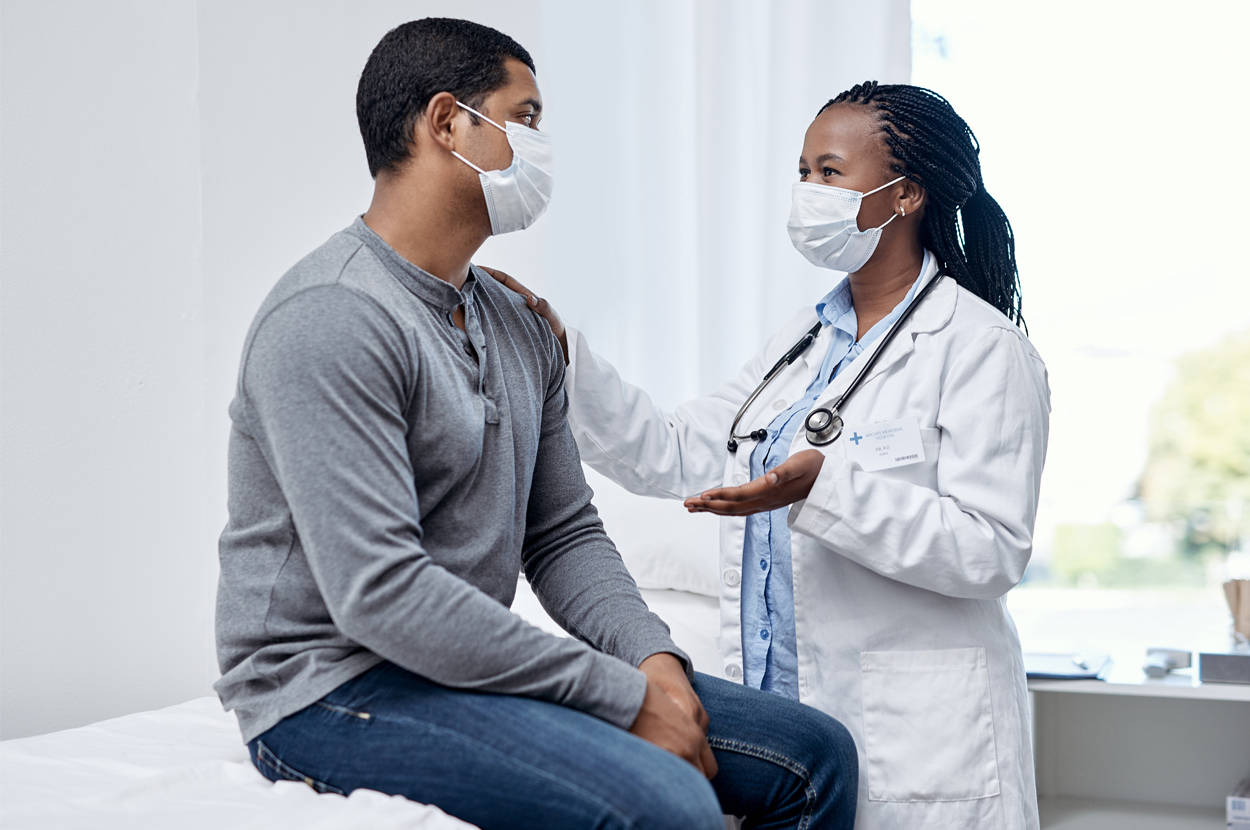What is rectal pain and bleeding?
The rectum is the last part of the gastrointestinal tract. When the lining of the rectum or the entirety of the rectum is compromised or inflamed, it can be painful and in severe cases, it bleeds.
Anal pain can be consistent but can also increase in certain situations, such as when sitting or during defecation.
Injuries to the area around the rectum can then result in bright, red-colored stools.
Etiology
There may be many causes of rectal bleeding. Some common causes are as follows:
- Hemorrhoids -dilated tortuous veins that bleed in the rectum
- Anal fissures – tears on the skin surrounding the anus
- Anal fistulas – tunnels between the skin and interior of the rectum
- Diverticulitis – inflammation of sac-like pouches in the intestine.
- Ulcers – wounds or openings in the skin or mucosa
- Polyps – projections in the intestine that can lead to bleeding when food passes along them
- Inflammatory bowel diseases (IBD) like Crohn’s disease or ulcerative colitis
Complications
Complications may include:
- Anemia – loss of blood that leads to impaired oxygenation
- Shock – due to systemic spread of infections or decreased blood volume
- The spread of infection that can cause systemic (whole body) illnesses
Treatment
In most minor cases of rectal pain and bleeding, patients are advised to drink water, take good care of their personal hygiene, avoid strenuous and prolonged toilet practices, increase fiber intake, and avoid drinking alcohol and smoking.
Medical treatment is mostly dependent on the underlying cause of the rectal pain or bleeding. When a patient presents with signs and symptoms of anemia and has had blood loss episodes, the main priority is usually to treat and correct the blood loss.
If the pain and bleeding are due to rectal ulcers or polyps, a colonoscope can be deployed to cauterize the ulcers and remove the polyps or other outgrowths responsible for bleeding.
The patient should also be examined to determine other recurrent causes of bleeding and pain.
Facial abrasions and considered more serious as these have a higher risk of cicatrization and should be cleaned,debrided, and dressed daily. Dressings may require skin adhesives like the combination of gum mastic, styrax,alcohol, and methyl salicylate or tincture of benzoin.
Contact us
In case of urgent medical care assistance, AfterOurs Urgent Care offers immediate telemedicine services, where medical providers are available to offer assistance. Anyone who experiences signs and symptoms requiring urgent medical attention can book their appointment with AfterOurs Urgent Care to directly talk to an expert. If your medical issue is not appropriate for telemedicine, we will let you know and refer you to an in-person facility.
When to visit a doctor:
If you witness blood in stool, you should see a medical provider in order to avoid possible serious complications.
Treatment for rectal pain and bleeding is available at AfterOurs Urgent Care.

